Study suggests China urban passenger transport emissions could peak in 2030
Green Car Congress
AUGUST 9, 2019
A team of researchers in China suggest that, in the context of promoting the use of clean fuel vehicles and increasing vehicle fuel efficiency, CO 2 emissions of China’s urban passenger transport sector could reach a peak of 225 MtCO 2 in 2030. A paper on their study appears in the journal Energy Policy.











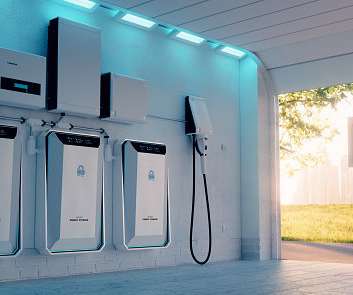


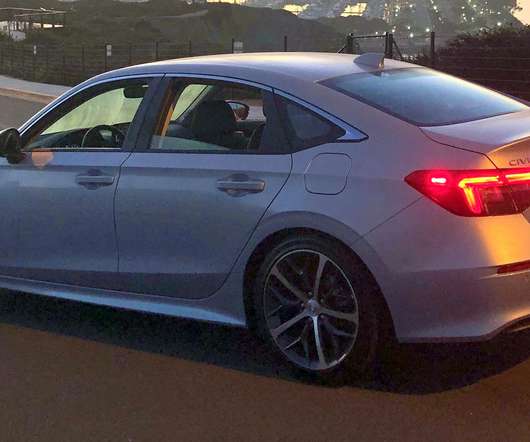

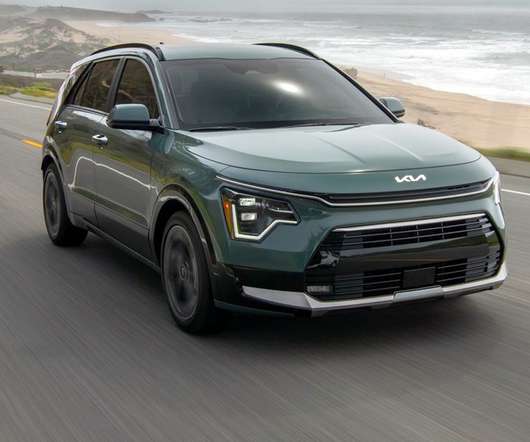



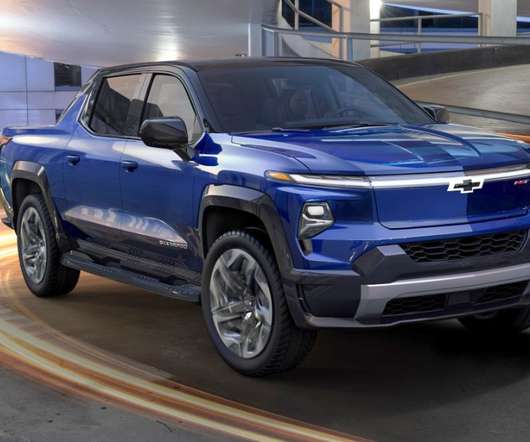

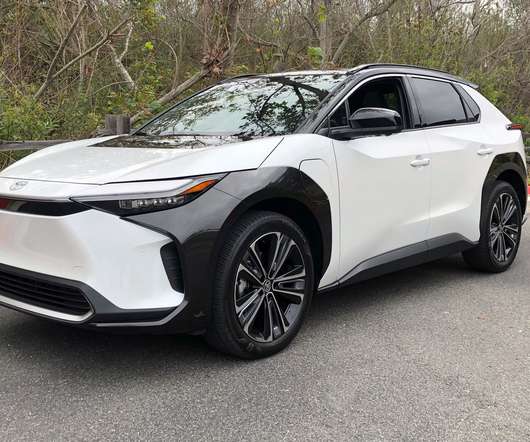


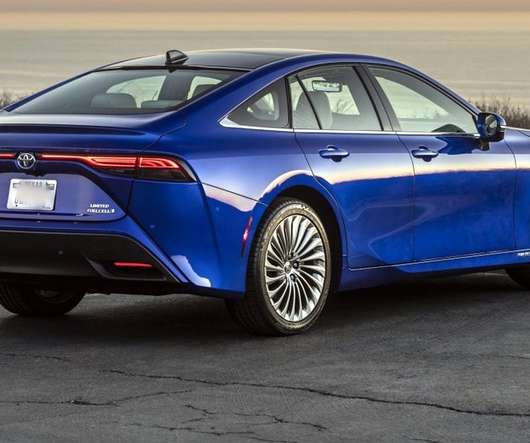
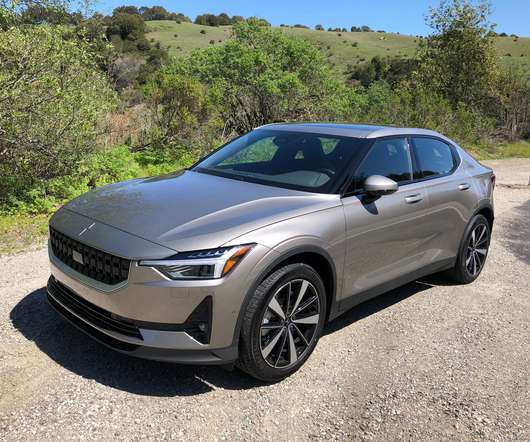

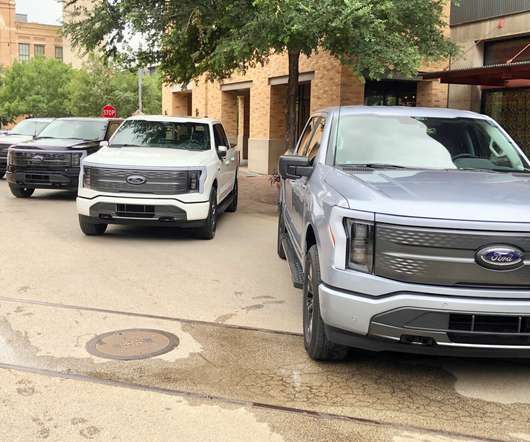
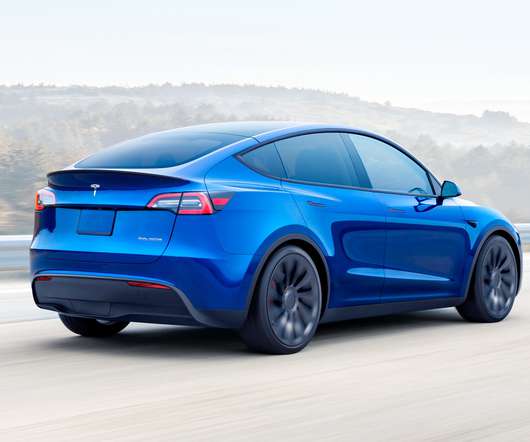
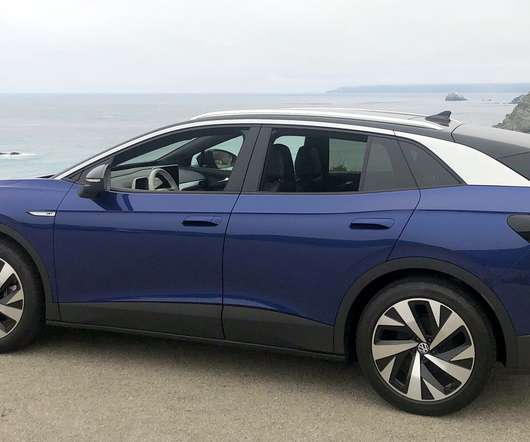







Let's personalize your content